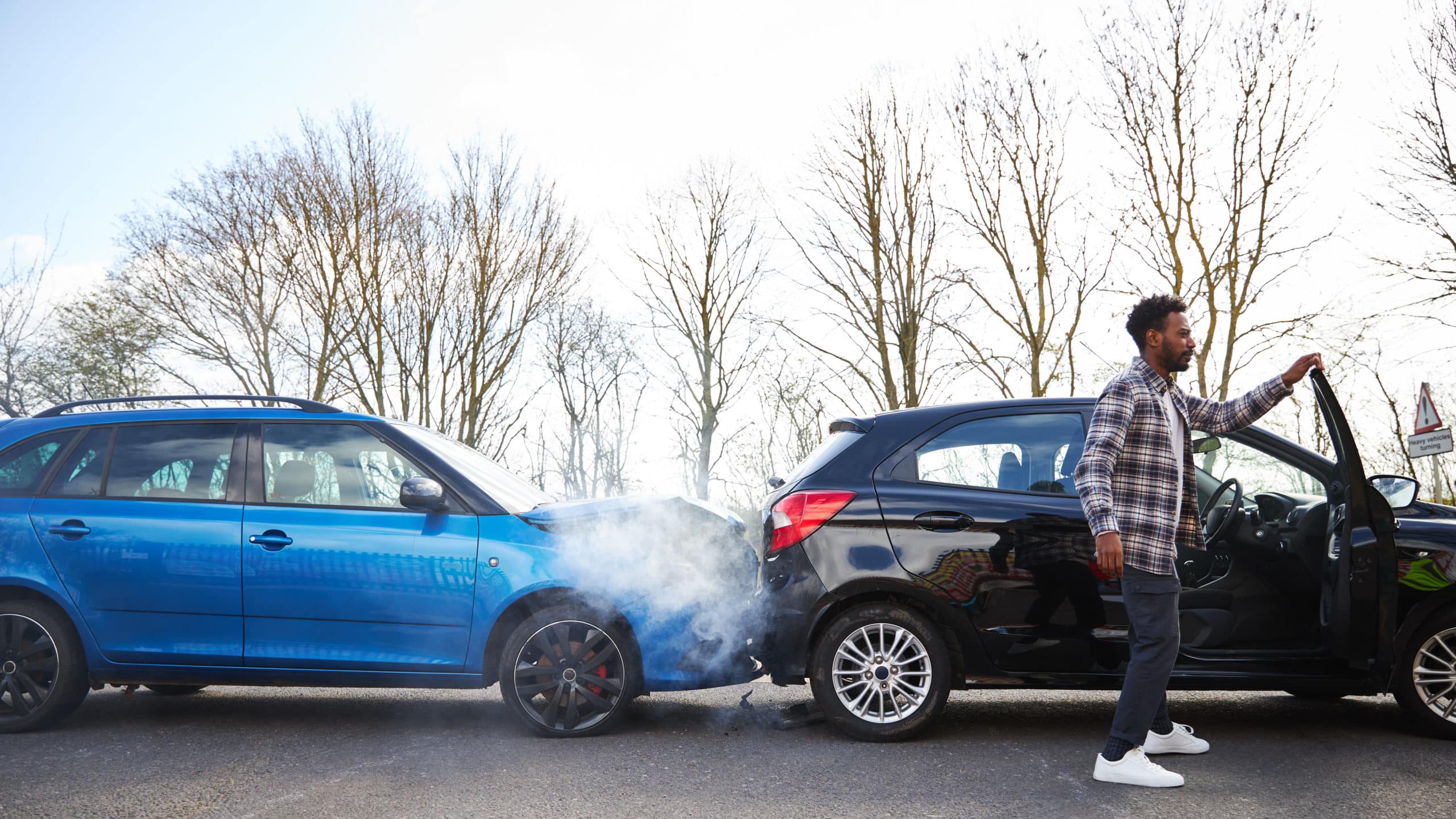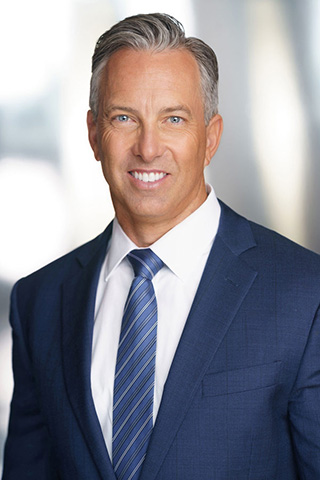
At-Fault Car Accidents in California
We often get asked “What happens if I am at fault in a car accident?” The answer is that it depends on your situation. Hopefully you’re reading this before you get into a car accident to prepare yourself. We recommend that you forward this article to all of your friends and family to make sure that they’re prepared in a situation where they’re potentially at fault in a car accident.
Let’s start with the what you should do after a car accident.
Don’t Admit You’re at Fault!
If you’ve just gotten into an accident there is a lot of things going on in your head. You want to first make sure you and any potential passengers in your automobile are safe. Then there is the sinking in of the gravity of the situation. The next thing you’re probably thinking about is to see if the other car and it’s passengers are OK. All of that is perfectly OK, and normal. Do not under any circumstances admit that the accident was your fault, even if you suspect that the accident may have been your fault.
The fact of the matter is there are a lot of variables when driving. You may think that you were in the wrong, but there may have been a circumstance unknown to you that caused the accident. It’s very important that you keep your conversation neutral with the passengers of the other car. Don’t get into a heated discussion or argument.
- Don’t talk about details of the accident
- Don’t talk about how it happened
- Don’t ask questions to the other driver about details of the accident
- Don’t accuse the driver of being at fault either
- Don’t say things like “I’m sorry I didn’t see you” that can be taken as admission of guilt
Call the Police
I know that the thought of calling the police may seem scary to some. It’s OK…well unless you have a warrant out for your arrest or you’re driving under the influence or with a restricted licence, then you may face some problems. Assuming that you’re fully insured, your car is registered and you don’t have any outstanding warrants, parole or probation violations then informing the police is your next step. In many states you’re required to call the police if anyone injured during an accident or if the accident causes property damage up to a certain monetary amount. It’s best not to risk it, and just call the police. When the Police get there they will probably just have everyone exchange numbers.
There will be some time before the police arrives. Make sure you’re clear on the details and you’re as concise as possible. Don’t lie or exaggerate details, give a factual statement that’s as to the point as possible.Make sure to get the name and badge number of the officer and the police agency that the officer represents so you can get a copy of the accident report after it’s written. Also get the report number if it’s available. There will probably be a small charge for the police report, but it’s worth it. The police accident report is a critical document which is relied upon fairly heavily by everyone involved in the claims process.
Take Photos
Take out your camera phone and take photos of any damage that was caused to both vehicles. Also make sure to take photos of any injuries sustained by yourself and if possible the people in the other automobile.
- Take photos of skid marks or other debris on the street
- Take photos of any applicable traffic sign
- Take an overall shot of the accident site
- Also take a photo of the whether condition
You want to make sure you take photos from as many angles as possible. I know this is a lot to go over because you’ve just been in an auto accident but this information will prove extremely valuable in court.
Write down names and information
You want to make sure you write down the full name and information of all parties involved this includes:
- Drivers Licence or Id number (take a photo with your camera phone)
- Insurance Policy ID (best to take a photo with your camera phone)
- Full name including first and last name
If there were any witnesses that saw the accident take down their information as well. They may have valuable testimony on what happened.
Inform your insurance company
The next thing you need to do is call your auto insurance company right away. You will probably start by speaking with your agent, but then be transferred over to their claims department. Tell them the details of your auto accident, and make sure that they send you confirmation that the information you gave to your agent will be filed with the claims office. In the next few days, if you don’t get a formal letter documenting your claim, contact the claims office directly. This will trigger a few things to happen.
- The insurance company will probably inspect your vehicle (they have every right to.) You have the right to file a claim under your own car insurance policy because of damage to your car (as opposed to seeking payment from the other driver’s insurance carrier), as long as you have collision coverage. But your carrier has the right to inspect your vehicle, and to get its own estimates for the cost of repairing the damage. The specifics on inspection and estimate rights are detailed in your policy, so check the fine print if you have questions
- The insurance company has the rights to look at all of your medical details. They may even obtain a copy of your work records if they are relevant in this case.
Contact a Personal Injury Lawyer
The next phone call I recommend that you make is to get on the phone with a good personal injury lawyer. A good personal injury lawyer will help you navigate the legal system, avoid any potential pitfalls, and possibly even get you a settlement even if you’re at fault. Make sure to check out my article I wrote on how to choose a good personal injury lawyer.
More Resources From Wilshire Law Firm
How to Describe a Car Crash for Lawsuit










